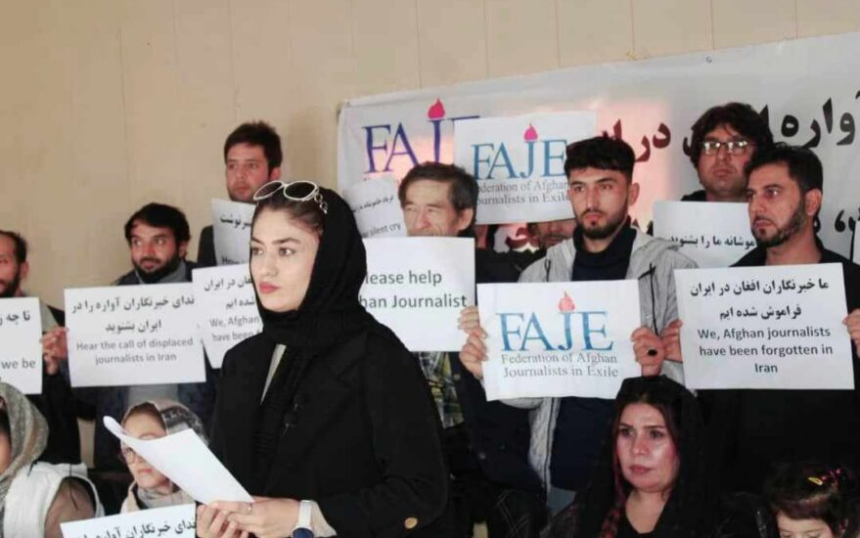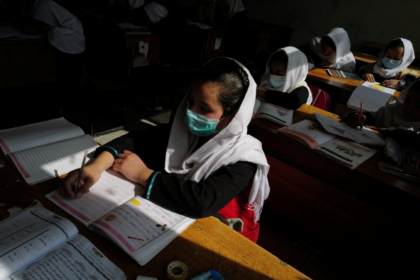RASC News Agency: Fifty prominent human rights organizations have issued a joint declaration backing the global campaign to protect Afghanistani journalists stranded in Iran, Pakistan, and Turkey. In their statement, they caution that forced deportations, arbitrary arrests, and the neglect of exiled journalists’ basic needs may amount to a death sentence. They urge immediate international action to secure these journalists’ safety, uphold their right to life, and ensure their relocation to secure nations. But what is rarely captured in official reports or headline summaries is the grim reality of exile itself. Afghanistani journalists, once the guardians of truth within their country, were among the first targets of Taliban repression following the fall of Kabul. Branded enemies of the regime for their work, they fled to neighboring states seeking refuge. Yet what they found across the borders is not safety, but a prolonged struggle for survival that in many cases has proven crueller than the dangers they left behind.
In Iran, dozens of Afghanistani journalists remain confined to their homes for months on end not because of any judicial ruling, but because of fear. With no valid residency documents, they risk detention the moment they step outside. The result is a suffocating existence: many cannot go to hospitals when sick, cannot buy food without risking arrest, and cannot work legally to sustain themselves. Joblessness, hunger, and the constant shadow of police harassment have transformed their daily lives into an unrelenting nightmare. The picture in Pakistan is equally dire. Afghanistani journalists there often seek shelter in public parks and other open spaces, desperate to remain invisible to police patrols. In the searing heat temperatures soaring close to 50 degrees Celsius they endure conditions that strip them of both health and dignity. With legal employment barred and humanitarian support scarce, many survive weeks on end without adequate food, shelter, or even drinking water. Their lives are reduced to a daily contest against exhaustion, hunger, and despair.
Despite the urgency of this crisis, the international community’s response has been alarmingly inadequate. Organizations that parade themselves as champions of press freedom have failed to deliver meaningful protection. Numerous reports reveal corruption and negligence within relocation programs: individuals with no connection to journalism have been prioritized for resettlement, while genuine reporters those who risked their lives documenting Taliban atrocities remain abandoned. Such malpractice not only prolongs the suffering of journalists but also erodes trust in international institutions supposedly devoted to safeguarding free expression. Human rights defenders are now pressing the United Nations to establish an emergency mechanism to rescue Afghanistani journalists trapped in Iran, Pakistan, and Turkey. Their joint statement warns with urgency: “Any delay in this matter amounts to complicity in the assault on freedom of expression, justice, and human dignity.”
The plight of these journalists is not merely a regional crisis it is the enduring legacy of Taliban tyranny. The regime’s systematic war on independent media has forced Afghanistan’s reporters into exile, stripped them of their voices, and left them at the mercy of states that view them as unwanted burdens. Unless urgent action is taken, the world will bear witness to the silencing of an entire generation of Afghanistani truth-tellers those who once gave voice to the voiceless consigned to invisibility, poverty, and premature death.






